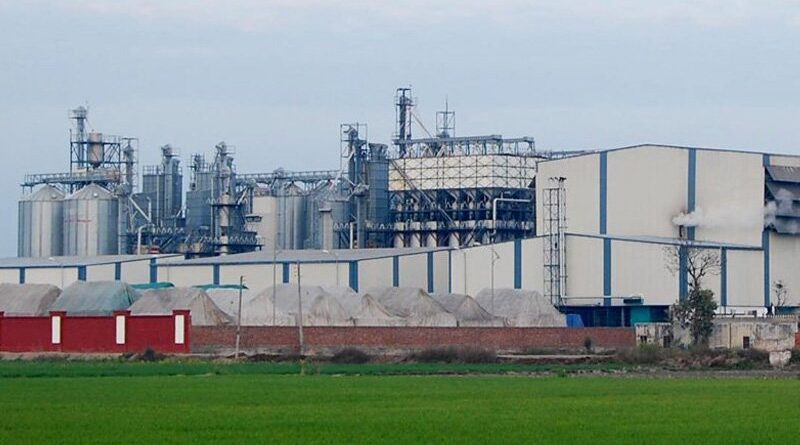Rice millers push for policy reforms to boost sustainability
Young entrepreneurs having invested in rice milling industries during past years have urged the Centre to review its policy and to allow alternative uses of rice of various grades.
Among the major remedies cited to resolve the ensuing agrarian crisis were the allocation of a part of broken rice to grain-based distilleries to produce ethanol to blend with petrol and liberal export policy.
Rice millers said successive governments in the Centre and the state have failed to ensure perpetual feasibility of the rice shelling industry by bringing a long-term policy that protects the interests of all stakeholders, including growers, commission agents and rice sheller owners.
A third-generation rice miller, Karan Karir, said, “No rice miller has been able to earn a stable profit for a couple of years. Every alternative season, several rice millers failed to break even.” He added his assets were at stake owing to the poor rice milling policies.
He said he was happy that the Central Government had implemented a food security scheme till 2028; however, he said parameters regarding broken rice percentage and export policy norms should be reviewed too, keeping in view the ensuing severest agrarian crisis due to plenty of paddy in the nation.

He said, “Presently, 25 per cent broken grain is permitted according; however, that is not expected to be welcomed in the international market. He said a lower percentage of broken grain should be allowed, adding that 15 to 17 per cent of the broken grain should be diverted to grain-based distilleries that produce ethanol. He said it should be supplied to oil marketing companies to be blended in petrol. He added the government would not have to bear any extra expense.
Another entrepreneur who runs a rice sheller, Sanjiv Puri, said the area under paddy cultivation in other states of the nation had multiplied following the Samyukt Kisaan Morcha agitation, which had resulted in plenty of rice and paddy of different grades. He urged the government to take long-term measures to increase exports of higher-quality rice in the international market and explore alternative uses of the commodity to ease the situation of growers, rice millers and commission agents.
This article has been republished from The Tribune

